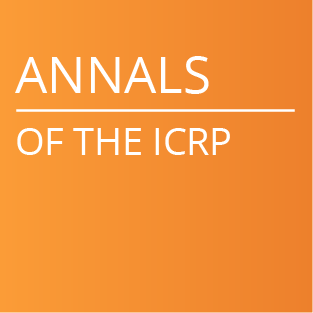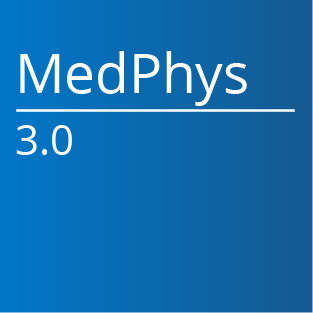Weddle's Syndicated Content:
Optimize Your ROL - Your Return on Luck
According to Jim Collins, the author of Great By Choice, the difference between companies that are merely good and those that are considered great is often how they use luck. Good and bad luck happens to every company, he believes, but only those that optimize their return on luck - their ROL - are able to excel. I think that's true for job seekers as well.
Collins defines luck not as some sort of special attribute, but as an event. In other words, there is no such thing as a lucky person, but there are people who know how to use the "luck events" that come along in their lives. Such events meet three criteria:
- First, they are something that occurs independent of us. We don't cause them, but rather they happen to us. Yes, I know some people believe you make your own luck, but for the majority of us, I think, luck affects us, not the other way around.
- Second, luck events - good or bad - are significant. They are extraordinary occurrences that have an appreciable impact on us. That's the reason we notice them and the advantage we gain by controlling them. They can make a big difference in our life or in a job search.
- And third, they are unpredictable. Luck has been described as fickle, random and just plain incomprehensible. It's why, no matter how many times you play the lottery, winning is such a big surprise. Lady luck visits on her own schedule.
So, how do you optimize your ROL? You have to take full advantage of the good luck in your life and minimize the damage done by bad luck. You must wring all of the benefit out of the good stuff that happens and cut your losses as much as you can during the bad times.
The Steps to Optimization
How do you make luck work for you? I think it involves just two steps:
Step #1: You have to recognize a luck event when it occurs. It could be that you bump into an old boss who liked you a lot and happens to be a senior executive at a company to which you've applied. Or, on the other side of the ledger, it could be that the boss with whom you are now reconnected had a personality conflict with you when you worked for them. In either case, the event meets the criteria for a luck event: it occurred independent of you, will likely have a significant impact on your job search and was totally unpredictable.
Step #2: You have to go all in. As Robin Williams says in Dead Poets Society, you must seize the day. That's not possible by continuing to do everything else you're already doing and adding a little more effort around the edges to try and leverage a good luck event (or ameliorate a bad one). Instead, you must refocus your priority, time and energy on squeezing all of the benefit (or all of the harm) out of the event as quickly as you can.
In the case of the former boss who liked you, for example, get their email address during your initial interaction and then follow up by sending them a message that conveys both your pleasure at reconnecting and your resume. Ask them to refer you to the recruiter working the opening to which you've applied. Then, stay in touch with them regularly and keep them informed about the progress of your job search, including the status of your application with their employer.
In addition, look for other ways to interact with them by checking their LinkedIn profile and similar sources on the Web. You might, for example, discover that you're both members of the same professional association. If so, invite them to join you in attending its next meeting. Or, you might find that you both lived in one city or another earlier in your careers. In that case, you might share some interesting news about the sports team in that city. Whatever the connection, do whatever you can to leverage the good luck of meeting someone who likes you and is in a position to help you. That may be with their current employer, but it may also be with other organizations where they have contacts - you just never know.
To minimize the effects of a bad luck event - in this case, the boss who wasn't all that happy to see you - it's important to be professional in whatever steps you take. For example, you might search through LinkedIn and online corporate alumni groups to see if you can find an employee (or two or three) of the company to which you've applied who is also a former colleague of yours from your days with that boss. Ask them to refer you to the recruiter who is responsible for the opening and to note that the two of you worked successfully together in that other organization. The goal is to provide an alternative view of your performance that could counterbalance anything negative the former boss might pass on.
Luck is often characterized as something beyond our control. While it happens to all of us, however, the most successful people are those who leverage luck events to serve their best interests. They proactively shape the consequences of luck to maximize the benefits and minimize the harm. Or, to put it another way, they optimize their ROL - their return on luck.
Thanks for reading,
PeterVisit my blog at Weddles.com/WorkStrong.
November 2011
© Copyright 2011 WEDDLE’s LLC. All Rights Reserved.



















